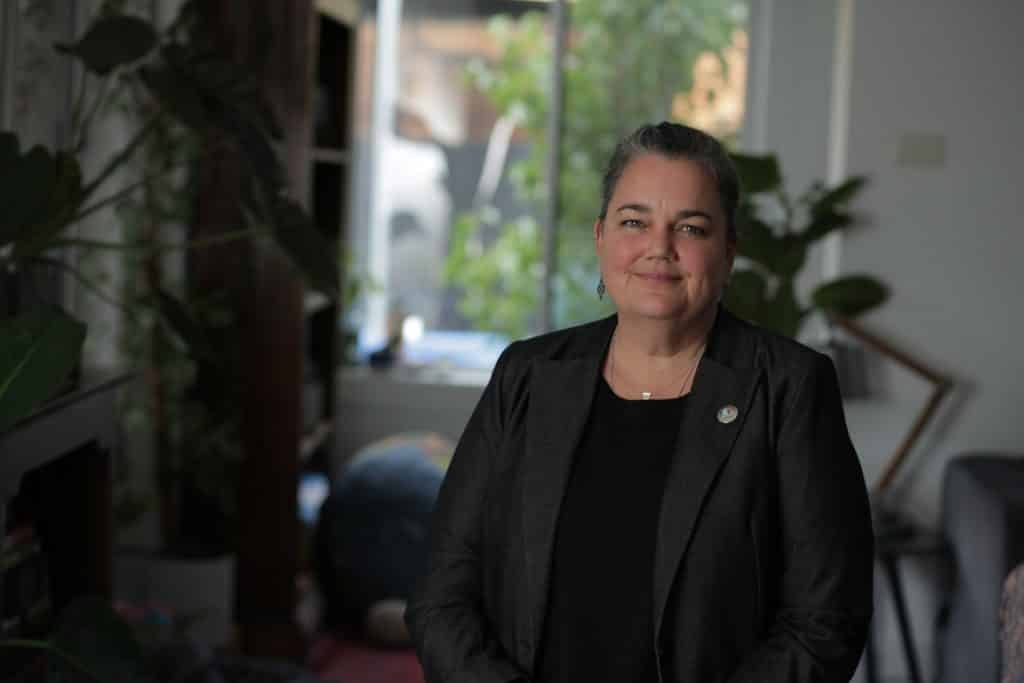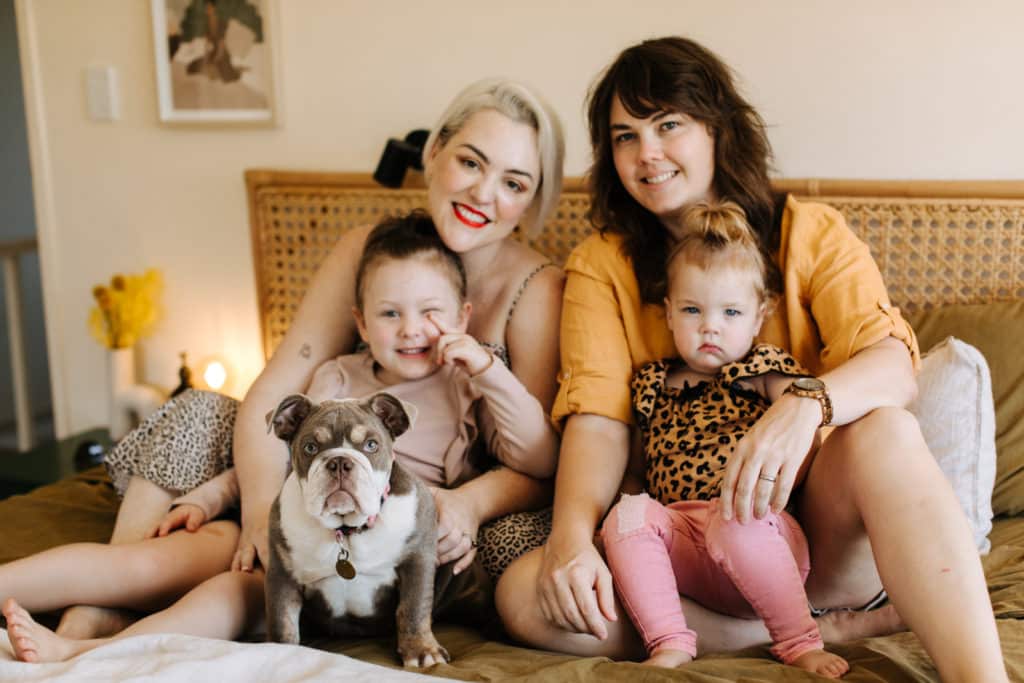A lack of support for the psychological and physical challenges of caring for a new baby is getting worse for mums and dads in Australia, according to new research.
New data released from the leading national mental health organisation, Perinatal Anxiety & Depression Australia (PANDA) surprised many perinatal mental health advocates by showing a 0.3 per cent increase in demand for support after COVID restrictions eased. And this was on top of a 45 per cent increase in demand during the pandemic.
Providing Australia’s only free, national helpline service, PANDA saw a 23 per cent increase in callers seeking support.
“PANDA did not see the expected reduction in demand for its services when COVID restrictions started easing,” says PANDA CEO Julie Borninkhof.

One in five new mums and one in ten new dads are affected by perinatal depression and anxiety– impacting approximately 100,000 families in Australia each year.
The significance of this compared to pre-COVID? “Parents are experiencing a range of challenges around cost of living, economic factors and events at a time when they are vulnerable and are often quietly trying to manage anxiety, depression or other perinatal mental health issues,” says Borninkhof.
“Of the callers to PANDA’s Helpline, 63 per cent had not spoken to their partner about how they felt, while 83 per cent had not consulted a doctor or health professional.”
One such mum who faced the challenges of pregnancy anxiety and postnatal depression is Lauren Fisher from the southside of Brisbane. Lauren and her wife, Alex, now have two beautiful daughters conceived from IVF and a much-loved bulldog and rescue cat, but their story hasn’t been completely smooth sailing.
Lauren birthed both children and struggled with her mental health through each of the pregnancies.
“I carried a huge amount of guilt for this as we’d wanted these babies so desperately and spent the equivalent of a house deposit on IVF to make them! It made it very hard to share how I was feeling because I felt so ashamed for not ‘loving every minute’,” says Lauren.
“My partner really struggled to support me during this time. She had taken 6 weeks off with the birth of each baby but upon returning to a demanding full-time job, she really struggled to perform at work and support me the way I needed. My anxiety often expresses itself as anger which she mostly bore the brunt of.”
Eventually, however, Lauren was able to find the support she needed through resources like PANDA’s hotline, counselling and prescribed medication.
“I called the PANDA Helpline with my first baby when she was 6 months of age. Having someone listen, validate and normalise my experience was so cathartic. Also exploring my traumatic birth and understanding the impact that it had had on my early parenting journey was very enlightening. I hadn’t connected the two previously,” she says.
“My partner has a much greater understanding of my mental health now and can connect my moods and behaviours with my illness, rather than personalising it.”
“It has taken a year of daily medication and regular therapy for me to get to a point where I feel true joy during moments of my parenting again. I still find some days very difficult, but I know this is entirely normal for parents of young children.”
To any other new parents in a similar boat, Lauren says, “It’s not your fault. You are not alone. You are not broken. Our society isn’t supporting you the way it should during this transformative time.”
It was having a community of care that helped Lauren and Alex as new mums, and Borninkhof says one of the most effective things for expecting parents to do is to start building a safety net of support before the baby is born.
“This community of care can include relationships with health care providers, trusted friends, other parents through playgroups and new parent groups, online parent support groups and mental health and care providers,” says Borninkhof.
“Mothers are telling us that they used to feel they had to do it all by themselves and letting people help them meant they were failing as a mother. That often leads to burn out, and not being able to be as present as they want to be for their children.”
This week, PANDA’s Perinatal Mental Health campaign is focused on encouraging new parents to ask themselves ‘who can help me?’ and then tap into their communities of care.
Borninkhof adds that even if anyone isn’t sure whether what they’re feeling is normal or just needs some extra reassurance, they should reach out to organisations like PANDA who are there to support.
If you or someone you love needs support:
– PANDA Helpline on 1300 726 306 (9am-7:30pm Monday-Saturday) or panda.org.au
– Lifeline: 13 11 14 (24/7) or lifeline.org.au


